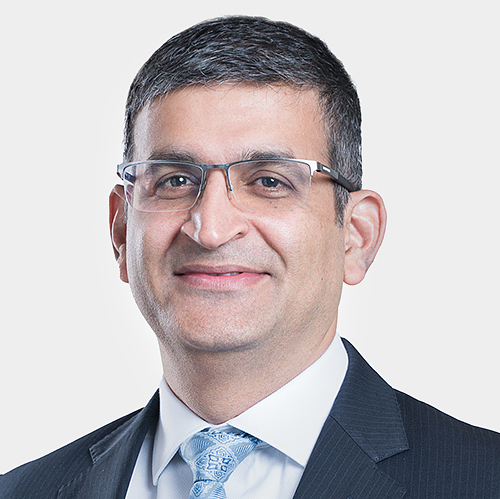Asian finance ministers in Indonesia, India, and Pakistan have voiced their support for open trade policies at the Asian Development Bank’s annual meeting held in Yokohama, in contrast to the fiery protectionist rhetoric of the Trump administration and protectionist sentiment behind the Brexit vote.
Speaking at a panel session on the sidelines of the meeting, Sri Mulyani Indrawati, minister of finance of Indonesia, cited the positive results of international trade:
“Since the 1950s, the poverty rate has been going down because most countries, especially in Asean, are benefiting from globalization and open trade. This creates shared prosperity. That is something we need to recognize and maintain.”
From 1990 to 2015 the number of people worldwide in dire poverty shank to 750 million from two billion. For India’s minister of finance, Arun Jaitley, open trade polices are important because history has shown that protectionism does not work:
“We have lived through a protectionist era, that was a time when poverty rates were high and our growth rates were low. Once these economies shifted to the alternative model, to both domestic liberalization and greater integration in the world, we have seen a sea change. Greater trade has meant greater integration, which means more jobs and greater expansion.”
Echoing the comments of his fellow panelists, Pakistan’s minister of finance, Mohammad Ishaq Dar, has focused on regional connectivity to facilitate trade including the construction of roads, railroads, and ports. “International trade should be a focus and connectivity should be made better,” he says.
Minister Dar also commented that the government’s role in the push for open trade should be to produce policies that support openness. Earlier this year, the Pakistani government started carrying-out reforms based on the World Trade Organization’s trade facilitation agreement, which is estimated to cut the country’s trade costs by around 13%.
Minister Jaitley similarly believes that the government has a role to play in liberalizing markets. “In the policy domain the government is still the major enabler,” he explains. “Therefore, the government, by pulling itself out of businesses, is allowing the economy to grow. The government is not a participant but a policy enabler.”
Though open trade policies have generally benefited the overall economic environment, segments of society have been left behind. Minister Indrawati says, “we need to focus on how policy can address poverty without distortion or weakening the incentive to do the right thing.”
While ministers push for open trade, regional tensions still exist. India and Pakistan disagree over China’s One Belt, One Road economic development strategy. Pakistan is a traditional ally of China, embracing other initiatives such as the China-Pakistan Economic Corridor, whilst India and China still have unsettled border disputes.
“We have reservations about it [One Belt, One Road] because of sovereignty issues. In principal it’s a good idea,” says Indian minister Jaitley.
In contrast Pakistani minister Dar says, “I think connectivity is very essential. We strongly support the One Belt, One Road. It’s a positive direction to connect the region and beyond.”
There are also protectionist uncertainties in global policy following President Trump’s election and the UK’s decision to leave the European Union. Although, according to data from the World Trade Organization, global trade is still expected to expand by 2.4% in 2017, Indrawati notes:
“Since the financial crisis, global trade has not recovered. Before the financial crisis global trade has had a growth rate that is double the global economy. Since the crisis global trade has been very weak.”









